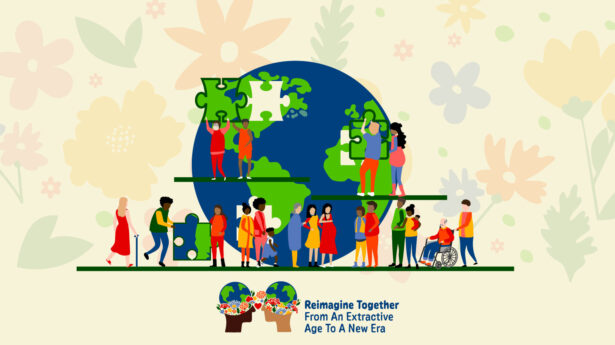The Unitarian Universalist Service Committee advances human rights through grassroots collaborations.
July 8, 2016, Rights Reading
July 8, 2016
Our weekly roundup of what we’re reading: a few select articles from the front lines of human rights that we don’t want you to miss.
1. “CDC: Flint Water Crisis was Preventable,” Nik Bonopartis, Opposing Views, July 4, 2016
“A new report from the CDC confirms what people in Flint, Michigan, had been saying for a year before state leaders listened to them — that the city’s tap water supply was toxic, filled with lead, and unsafe to drink. But the main takeaway from the federal agency’s comprehensive study of Flint’s water crisis was that the whole thing was preventable, especially if officials at several different levels of government did their jobs.”
So opens Nik Bonopartis’s story about the months leading up to the date when most of us realized that poor people in Flint, Michigan, were drinking tap water containing dangerously high levels of lead. The problem was a combination of two key factors – first, to save money, the City of Flint switched the primary source of its drinking water from Detroit’s municipal system to the Flint River itself. And second, environmental officials working for the State of Michigan failed to treat the river water before it was pumped into Flint’s network of water pipes. Without such treatment, the corrosive makeup of water from the Flint River stripped away layers of protective coating in the pipes, allowing lead from those pipes to contaminate residents’ drinking water.
It wasn’t until September 2015 when pediatric physician Mona Hanna-Attisha of Hurley Medical Center found elevated lead levels in children from Flint that the problem was finally acknowledged. The CDC study involved 7,000 children, but did not measure the scope of the contamination, since lead levels returned to normal once Flint switched back to sourcing its water from the Detroit municipal supply.
Despite not knowing the scope of the problem, officials said poor children were disproportionately affected. “Most inner city kids and children in other settings have blood lead levels that are detectable in their blood,” said Patrick Breysse, director of the CDC’s National Center for Environmental Health.
Click here to read more on UUSC’s response to the Flint water crisis, including calls for improved water quality testing, improved regulations requiring notices to consumers about toxic water spills, and updating government policies that limit the authority of the Environmental Protection Agency and other agencies to investigate and solve water quality crises like the one in Flint. Advocacy for the human right to water is one of UUSC’s longstanding program priorities. Read about our 10 years of activism here, and our groundbreaking research on water unaffordability in the United States here.
Or, to read more about how toxic water crises affect people not only in Flint but in Haiti, Detroit, and California’s Central Valley, read Flint and Haiti: A Tale of Two Rivers, a Tale of Two Crimes, an Op-Ed from Truthout Magazine, February 20, 2016.
2. “Victims’ rights group calls for more therapy for refugees in Germany,” DW, June 29, 2016
A rise in attacks against refugee shelters in Germany has led to calls for more therapy to help traumatized refugees in Europe. “When refugees who come from war zones are attacked again, it is the duty of the Federal Office for Migration and Refugees to ensure psychotherapeutic care,” Weisser Ring national chairwoman Roswitha Müller-Piepenkötter said.
The need for more therapy for refugees in Germany is complicated by a general shortage of trained trauma therapists. The shortage is due to high requirements for entry into medical and psychotherapists’ professional associations, along with a mistaken government study concluding that the need for therapy among refugees is not that high. However, in 2015, Germany’s domestic intelligence service (BfV) found a 42 percent increase in violent attacks, including almost 894 crimes committed against refugee shelters – five times more than in the previous year. With asylum-seekers often targeted by far-right extremists, the need for trauma care is a serious concern.
UUSC partner The Trauma Resource Institute (TRI) in Claremont, Calif., has been providing support for people traumatized by disasters since its founding in 2006. Beginning with their work after the Haitian earthquake of 2010, UUSC has collaborated with TRI to make sure that survivors on the margins of society get the support they need to heal themselves and their communities. Read more about TRI’s Community Resiliency Model (CRM), which enables a wide range of people — not just clinicians — to use these skills and to lead others in using them. And click here to read about how UUSC and TRI adapted the CRM program to help Syrian refugees in Turkey.

